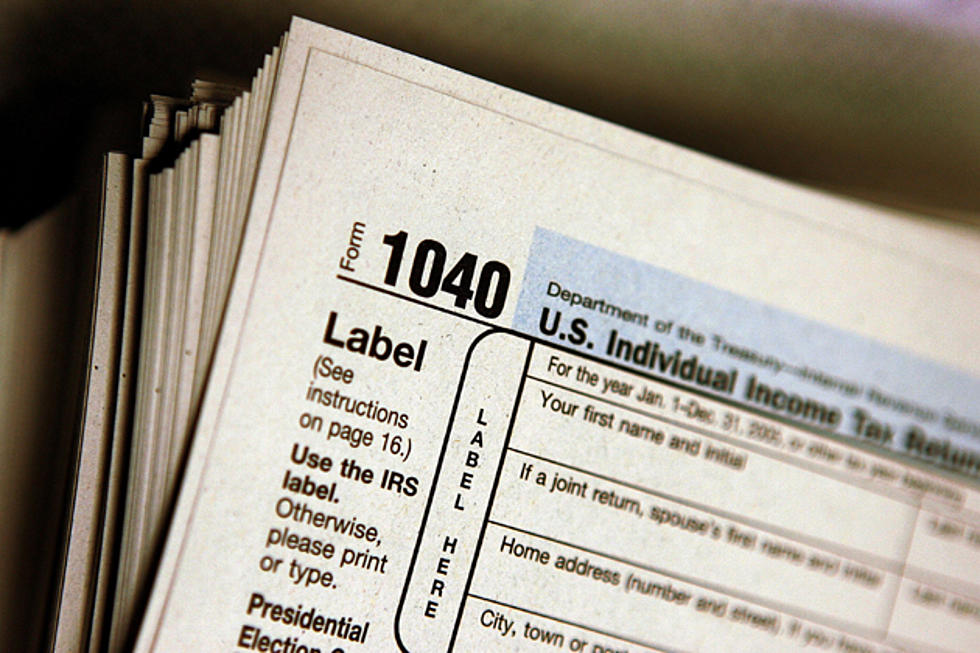
Last-Minute Tax Tips: Filing an Extension, Payment Plans, What Happens if You Don’t Pay
Today, April 15, is Tax Day, and while most of you have filed your 2012 returns, surely some of you out there are going down to the very last minute ... or maybe even a bit beyond. Here are a few important reminders:
You can file for an extension, but you still have to pay now. Anyone can request and receive a six-month extension to file a tax return—you can do it electronically in a few minutes, and it's free—but you still need to estimate your tax liability and send that to the IRS right away. You can also do that online, via a credit or debit card payment, or a direct payment from your bank account. For further information on extensions, the IRS has created this helpful page.
If you can't afford to pay your taxes, you still have options. This doesn't mean the IRS will just say "Forget it!", but you can set up a payment plan in which you make monthly installments until your debt is clear. Before you can do that, though, you must do this:
- File all required tax returns
- Consider other sources (loan or credit card) to pay your tax debt in full to save money
- Determine the largest monthly payment you can make ($25 minimum)
- Know that your future refunds will be applied to your tax debt until it is paid in full
Here's how you can go about setting up an installment agreement.
This may seem obvious, but yes, you absolutely must pay your taxes. If you don't, the IRS will definitely know and will definitely find a way to collect your debt. Some possible actions that may be taken against you include:
- A federal tax lien can be filed against your property
- Your salary/accounts can be seized through a tax levy
- You can be served a summons to provide information
So yeah, pay your taxes. As the former Supreme Court Justice Oliver Wendell Holmes famously said, "Taxes are what we pay for civilized society."
More From 101.9 The Bull









